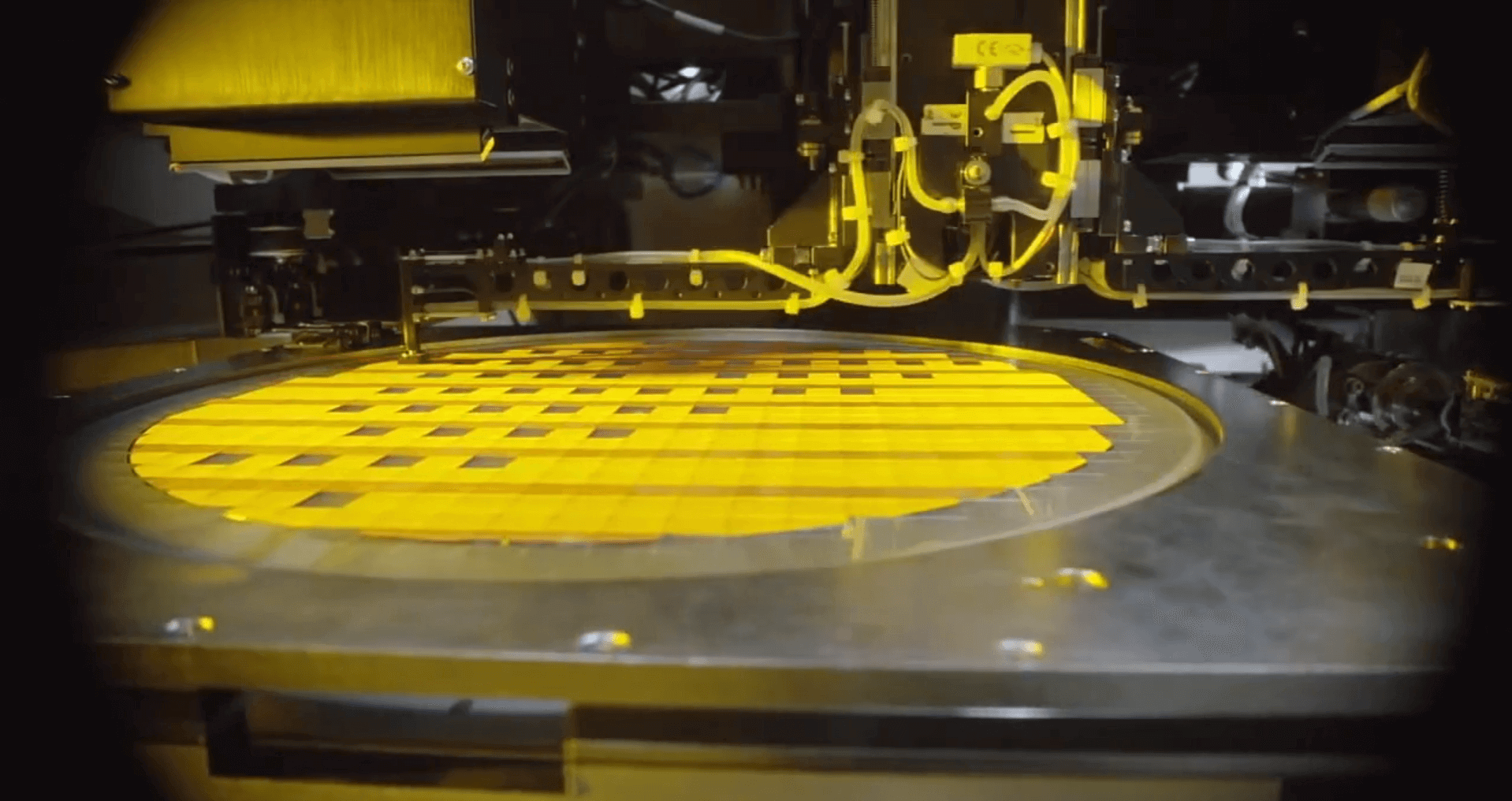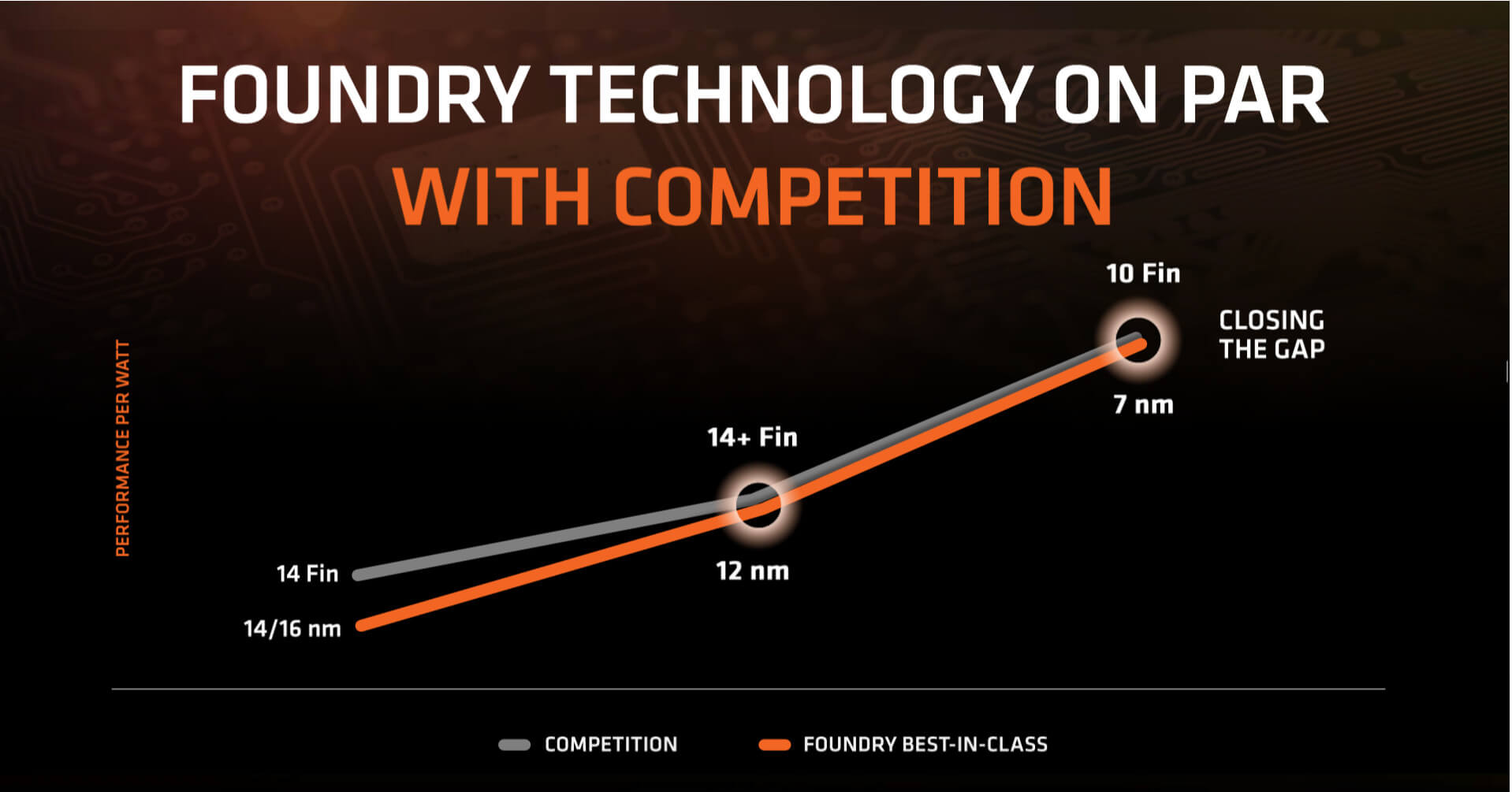In brief: Intel's manufacturing prowess that once ruled the industry may have already been quietly superseded by TSMC. As Intel struggles to keep up with die shrinks and TSMC earns even more business, Intel's own fabs have a lot of catching up to do.

Intel launched its 14nm process back in 2013. As this year comes to an end and Intel's 10nm chips are still figments of imagination, TSMC has shown that its contract manufacturing model could be a threat to Intel's own fabs.
Over the same time span, TSMC started producing 20nm chips and has managed to scale down to 7nm. Arguably Intel's 7nm process will be more comparable TSMC's 10nm technology due to how transistors are being measured, but by the time Intel makes it to that point TSMC will already have produced millions of usable products that are in the hands of consumers.

Perhaps the biggest win for TSMC in recent history is earning all of AMD's business for production of desktop and server processors. Apple will also continue to use TSMC for the foreseeable future for A-series chips found in iPhones and iPads. Nvidia, Qualcomm, Broadcom, and many other big names are all customers as well.
Intel's own production has had its share of problems this year. A shortage of 14nm chips has lead Intel to actually contract out some of its own CPUs to TSMC for manufacturing.
Manufacturing woes aside, Intel has to worry about custom processors being built for cloud computing. Amazon has announced that it will be using homegrown, ARM-based CPUs officially named AWS Graviton Processors. Simply eliminating demand for some of Intel's pricey enterprise products could lead to trouble over the long haul. TSMC may gain even more business as a result of tech giants needing more custom hardware.
Even though Amazon is still going to be buying huge numbers of Intel products, removing the dependency opens the doors to new possibilities. As AMD churns out more server chips on smaller process nodes courtesy of TSMC, there is an even greater threat to Intel's historic dominance of enterprise markets.
https://www.techspot.com/news/77653-tsmc-posing-serious-threat-intel-own-foundries.html